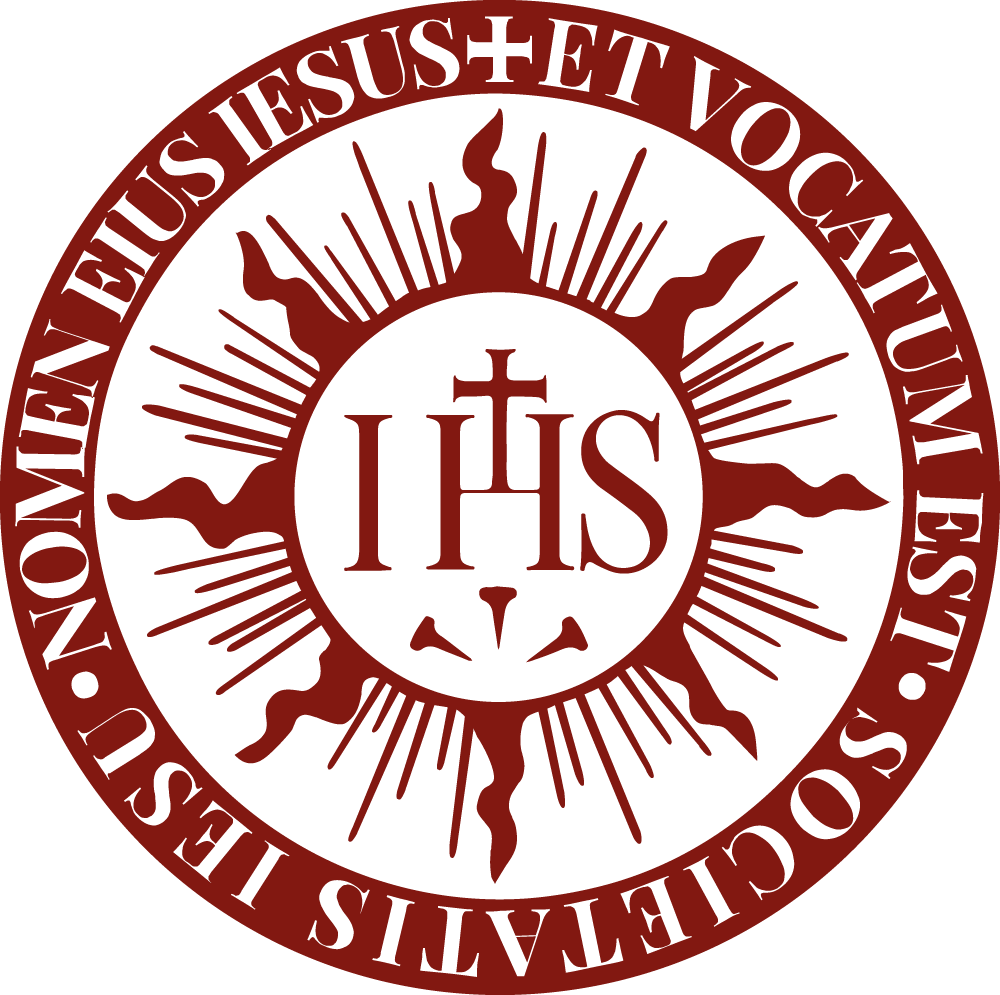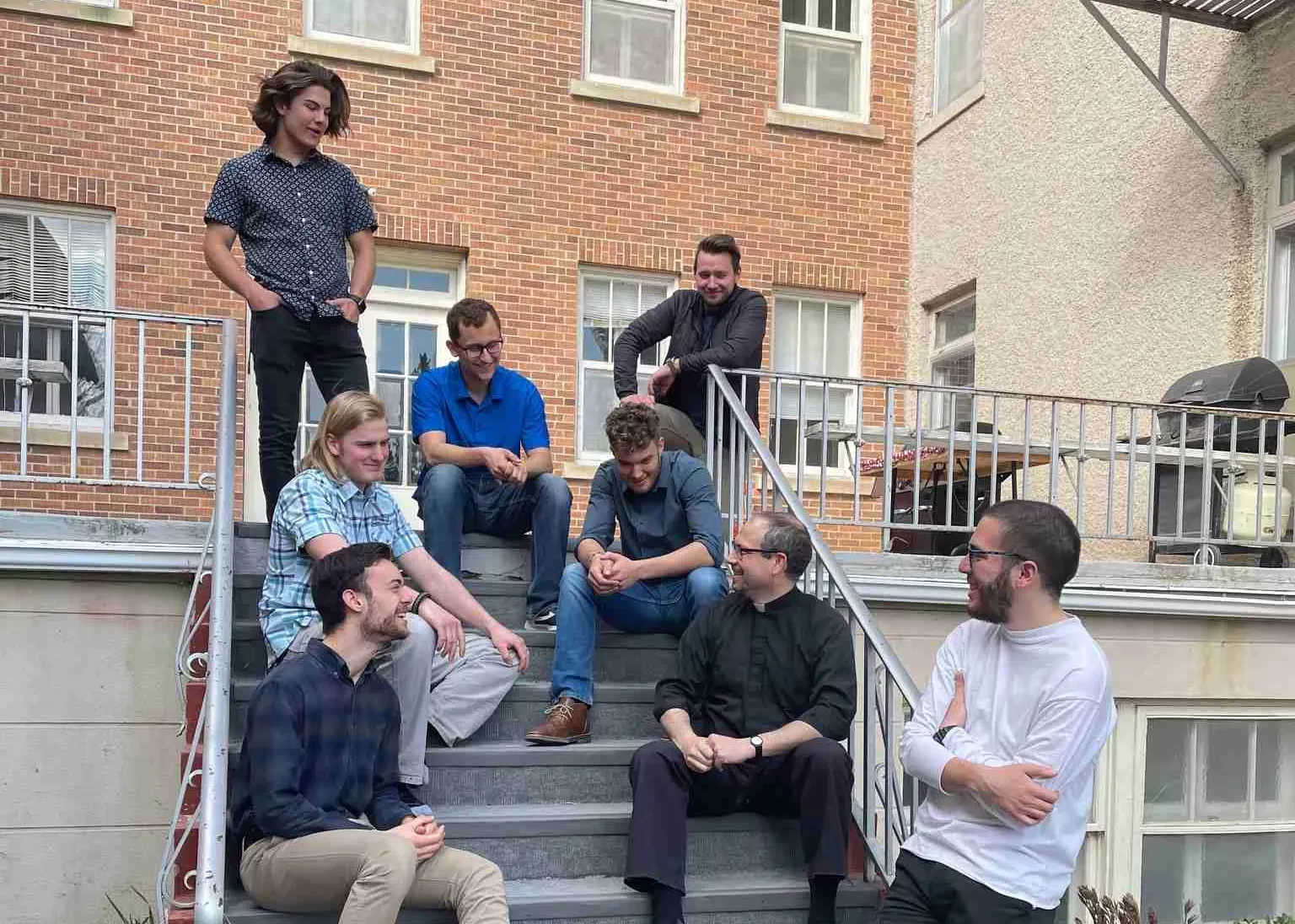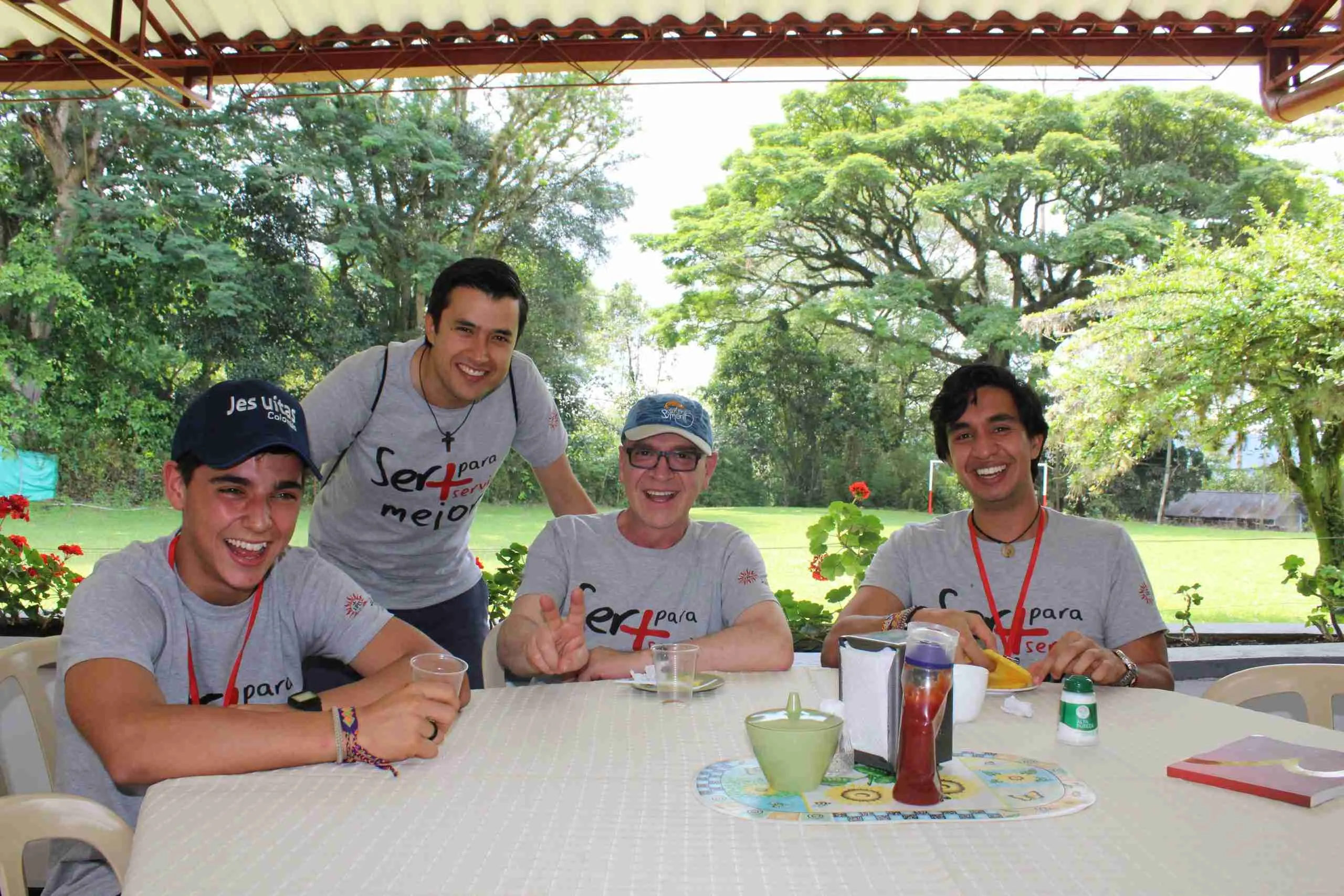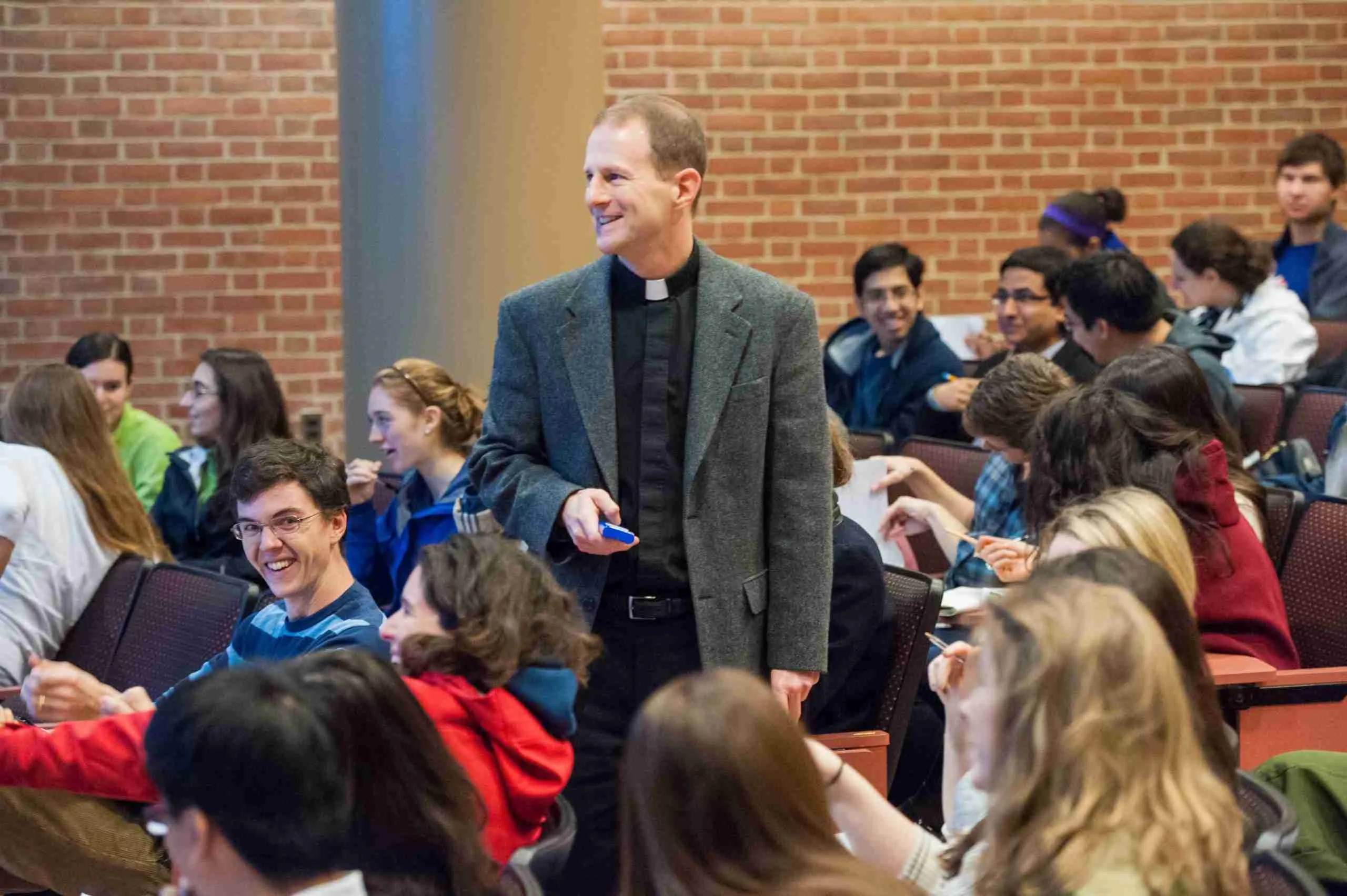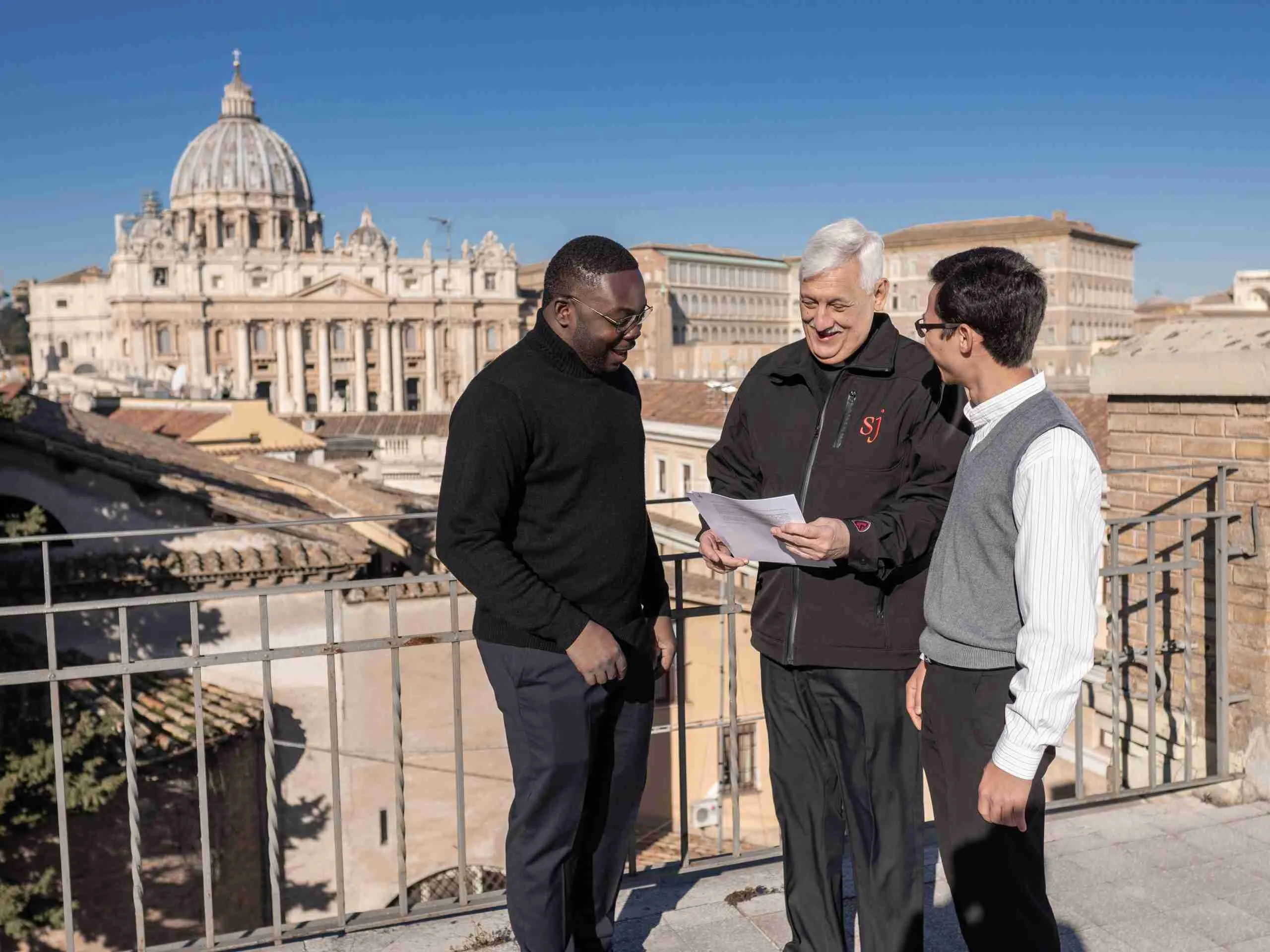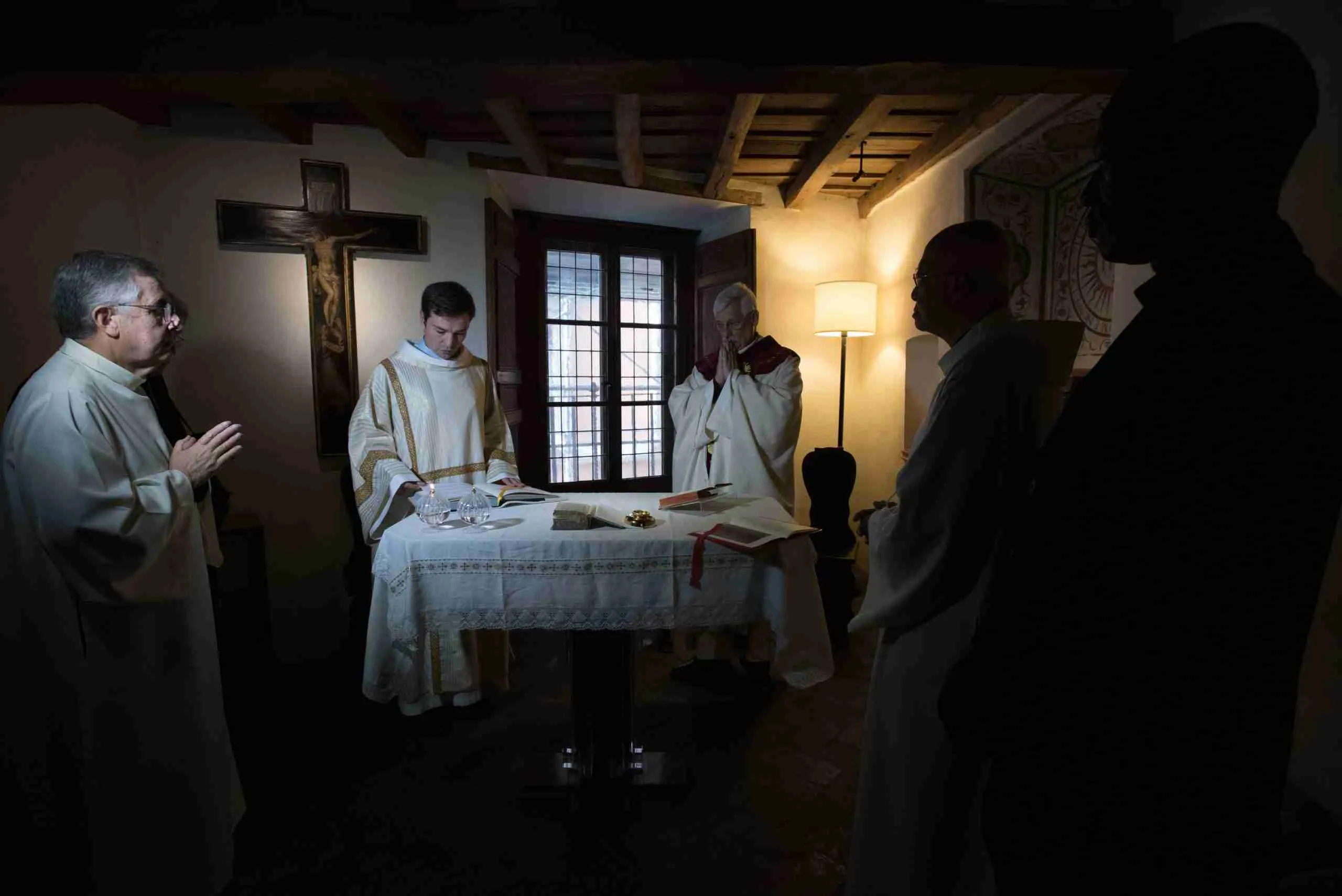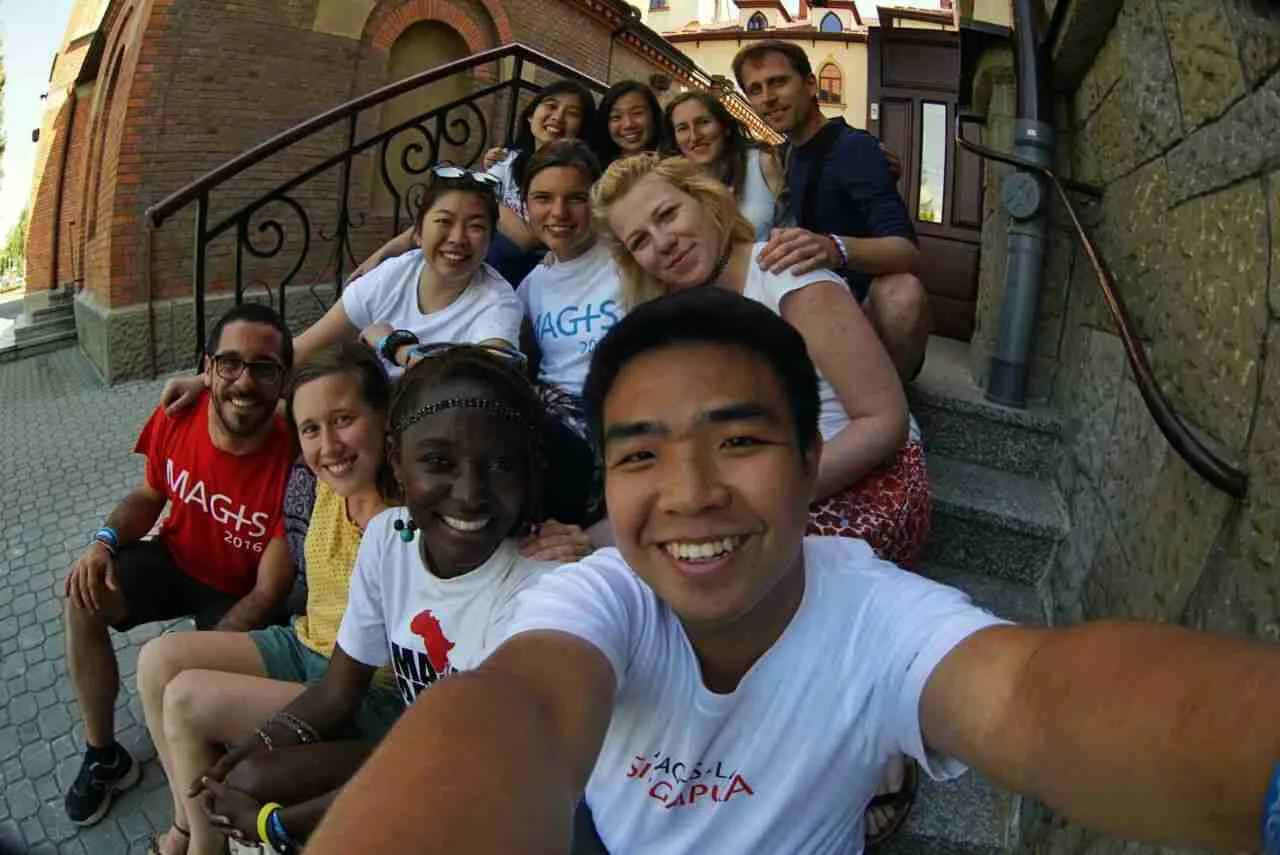Many men considering a Jesuit vocation know a great deal about the Society of Jesus, its history, mission, and life through their connection with Jesuits or Jesuit institutions or organizations. Others enter the process of discernment with little experience or background. Here are six questions anyone beginning to discern the vocation of a Jesuit priest or brother should ask.
How familiar am I with the story of St. Ignatius and the origins of the Jesuit Order?
If you are unfamiliar with the story of Iñigo de Loyola, learning more is a helpful way to begin your discernment. Short versions of his life are easily found. Consider his own Autobiography, narrated to Fr. Luis Gonzalez de Camara. A recently published version, A Pilgrim’s Testament: The Memoirs of Saint Ignatius of Loyola, edited by Fr. Bart Geger, SJ, is one option. Many Jesuit websites include a brief account such as A Life of Saint Ignatius of Loyola .
More complete biographies and other books about the early history of the Society of Jesus are available, such as The First Jesuits by John O’Malley, S.J., The Origin of the Jesuits by James Broderick, S.J., and his second volume, The Progress of the Jesuits.

What was the original “mission statement” of the Society of Jesus?
Before writing the Constitutions of the new religious order, St. Ignatius Loyola and his early companions prayed over, discussed, and eventually composed the document called the “Formula of the Institute” Appropriately described as a “kind of charter or mission statement for the new Society of Jesus,” it was inserted with minor revisions into “Regimini militantis Ecclesiae,” the Papal bull of Pope Paul III formally approving the foundation of the Society of Jesus. This Formula is an excellent starting point for understanding the Jesuit’s mission. An English translation can be found here at Formula of the Institute.
The first paragraphs assert that the mission of the Jesuit is to be ever available for the more universal good, desiring always the “magis,” that which is truly better “for the greater glory of God” (Ad Maiorem Dei Gloriam). It is this availability for the Church’s universal mission that marks the Society of Jesus as an apostolic religious order.
Have there been more recent expressions of the Jesuit mission?
Yes, Jesuit General Congregations and Fathers General have issued several updated statements of the Society’s mission as it has adapted over the years. Recently, Pope Francis charged Jesuits with accepting four Universal Apostolic Preferences which were the fruit of significant discernment by Jesuits throughout the world: https://www.jesuits.global/uap/.
Our most recent General Congregation (GC36) offered a statement of mission in its first decree “Companions in a Mission of Reconciliation and Justice.” It describes the Jesuit mission today as one of reconciliation with God, with human beings, and with the environment. “Faith, justice and solidarity with the poor and the excluded are central elements of the Jesuit mission of reconciliation.”
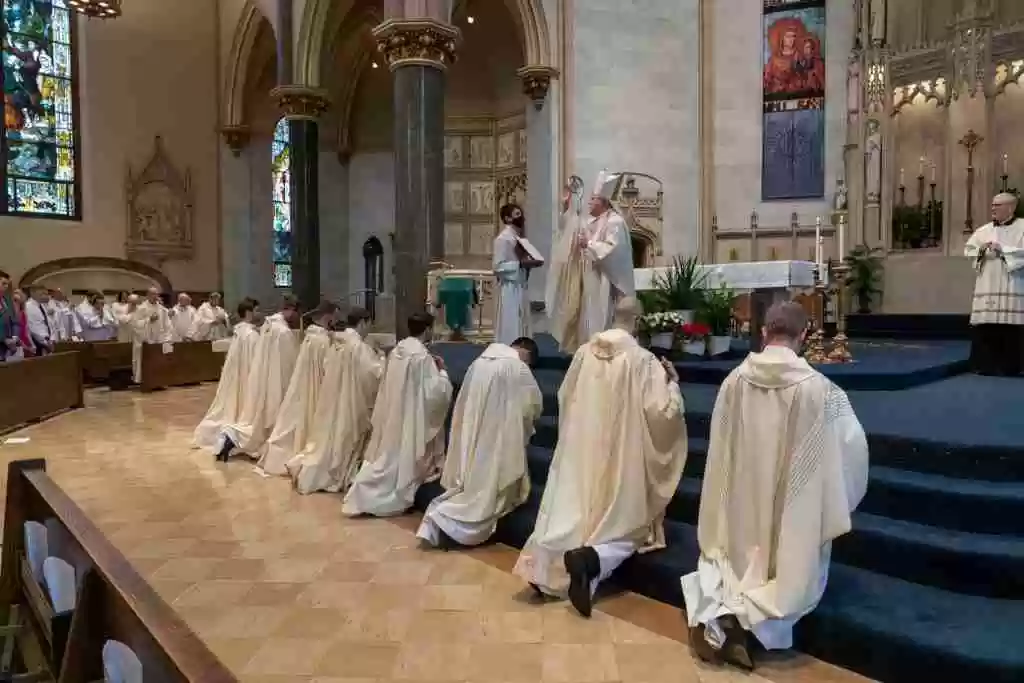
In which apostolates are Jesuits primarily working? (Which apostolates are less common for Jesuits?)
Jesuits are best known in the fields of education (high schools, colleges, universities, seminaries, theological faculties), intellectual research, and spiritual renewal. But the primary ministry of many Jesuits is pastoral – often in retreat centers, parishes, or as prison or hospital chaplains. Some Jesuits serve, non-traditional fields such as acting, medicine, literature, law, social work, administration, scientific research, or media. Jesuits also engage in missionary work and direct evangelization to the poor, social justice, interreligious dialogue, and other “frontier” ministries.
How do Jesuits live?
Two principal elements of the answer would be in community and the life of the vows. Jesuits’ lives of service begin in communities, where they share their lives, work, prayer, and goods. As members of a religious order, Jesuits take vows of poverty, chastity, and obedience. Some Jesuits are called to a fourth vow to be ready to accept whatever mission the Pope requires. Jesuit community life varies because the Jesuit is called to respond to the invitation of Christ today in different contexts throughout a broadly diverse world. Jesuit life and a Jesuit community adapt to places and situations to find the most effective ways to spread the Gospel, proclaim the faith of the Church, and work on behalf of global justice, peace and dialogue.
It would be helpful to explore Jesuit websites and, if possible, to visit Jesuit a community or Jesuit apostolate in your area to learn more about the life of Jesuits near you.
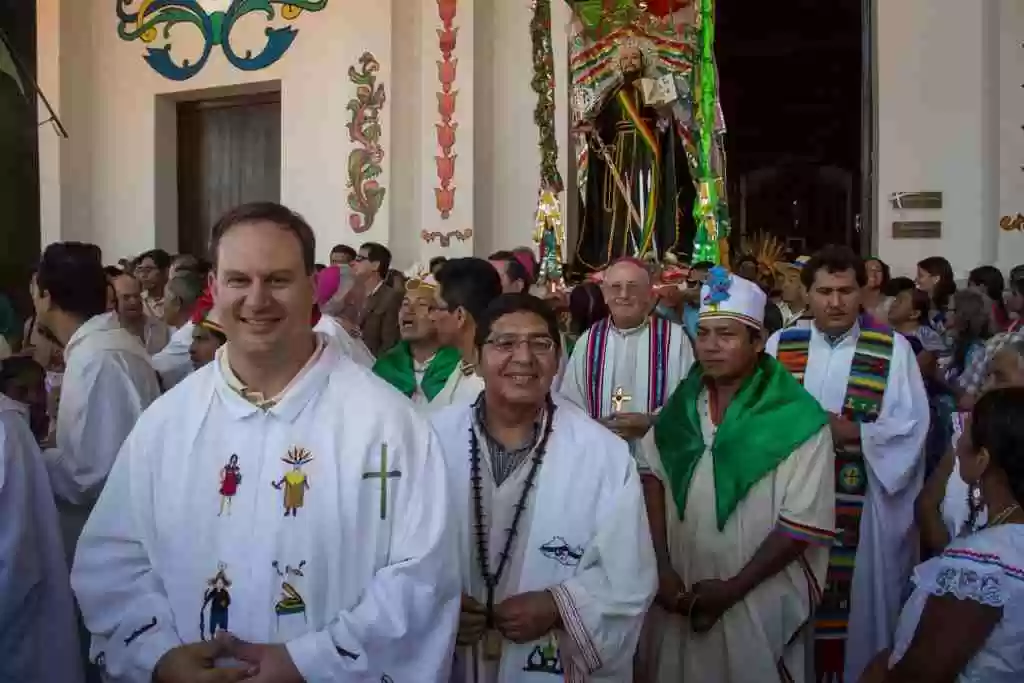
How do Jesuits pray?
Jesuits pray in many ways – in a community, as part of their apostolic mission, and privately – so there are many answers. The “school of prayer” for the Jesuit is the Spiritual Exercises, a set of contemplative practices laid out by St. Ignatius. Every Jesuit makes the full 30-day experience of the Exercises as a novice and at the end of his formation. One seriously considering the Jesuits would do well to make a retreat based on the Exercises. If this is a new concept, an excellent starting point is the Ignatian Examen, fifteen minutes of prayerful reflection on the day (or part of the day or part of a week) with the goal of becoming aware of God’s presence in one’s experience and response to it. It is a tool for daily discernment of the way God is leading the person and of finding God in all things, a key dimension of Ignatian spirituality. There are many versions of the Examen available online, in apps, and in publications.
